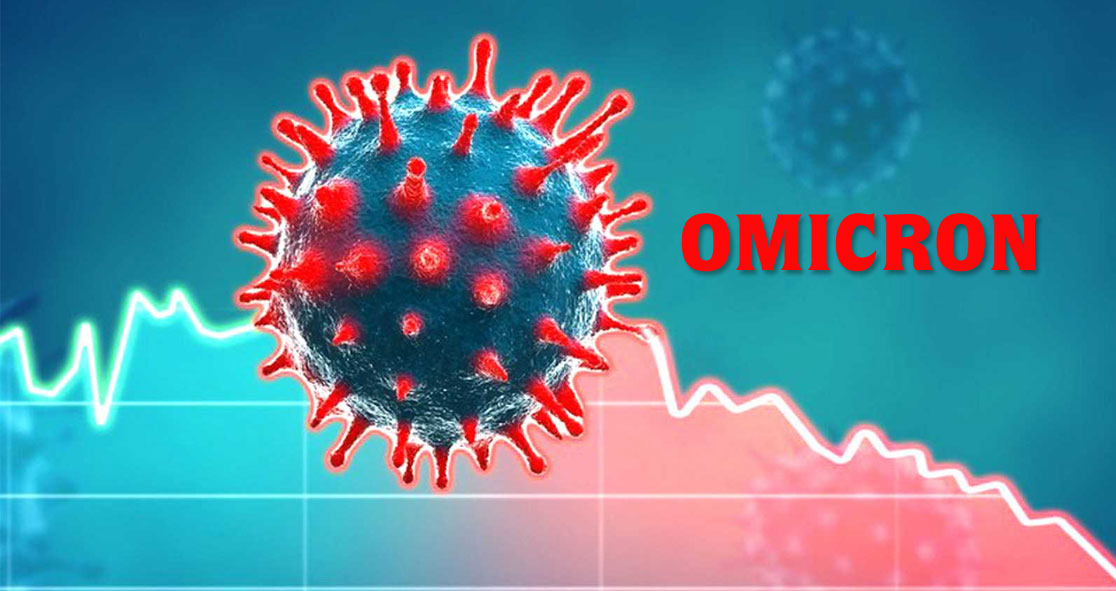Scientists believe that the Omicron wave may have peaked in Britain and will do the same in the United States, at a point where it may start dropping off dramatically, according to ABC News.
They said the new variant has proved so wildly contagious that it may run out of people to infect.
Prof. Ali Mokdad of the University of Washington in Seattle said, “It’s going to come down as fast as it went up.”
However, the experts have warned that it is still uncertain how the next phase of the pandemic might unfold. They believe that there would be more patients and overwhelming hospitals even if Omicron heads off to a rapid drop.
Lauren Ancel Meyers, Professor of Integrative Biology at The University of Texas at Austin, said, “There are still a lot of people who will get infected as we descend the slope on the backside.”
According to the University of Washington’s influential model projects, the number of daily reported cases in the U.S. will crest at 1.2 million by Jan. 19 and will then fall sharply “simply because everybody who could be infected will be infected,” said Prof. Mokdad.
He said the true number of new daily infections in the U.S. has already peaked, hitting 6 million on January 6.
Meanwhile, in Britain, the number of new cases has dropped to about 140,000 a day in the last week. Earlier this month, cases skyrocketed to more than 200,000 a day.
Dr. Paul Hunter of the University of East Anglia, England, said, “We are seeing a definite falling-off of cases in the U.K., but I’d like to see them fall much further before we know if what happened in South Africa will happen here.”
Recently, the World Health Organization (WHO) said there have been around 7 million new cases across Europe in the past week, calling it a “tidal wave sweeping across the region.”
Citing Prof. Mokdad’s model, the WHO predicted that 50% of the European population will be infected with Omicron within eight weeks.
However, Dr. Hunter said by that time, the world will see a dramatic decline in the Omicron wave.
He said, “There will probably be some ups and downs along the way, but I would hope that by Easter, we will be out of this.”
Dr. Prabhat Jha of the Centre for Global Health Research at St. Michael’s Hospital in Toronto said, “The next few weeks are going to be brutal because, in absolute numbers, there are so many people being infected that it will spill over into ICUs.”
Prof. Mokdad said in the United States, “it’s going to be a tough two or three weeks. We have to make hard decisions to let certain essential workers continue working, knowing they could be infectious.”
Meyers said that at one point, Omicron could be seen as a turning point in the pandemic. Antibody protection induced by natural infections, drugs and continued vaccination, could render the virus something with which we can more easily coexist.
She said, “At the end of this wave, far more people will have been infected by some variant of COVID. At some point, we’ll be able to draw a line — and omicron may be that point — where we transition from what is a catastrophic global threat to something that’s a much more manageable disease.”























